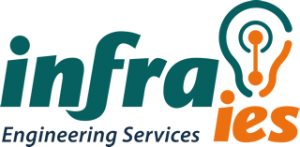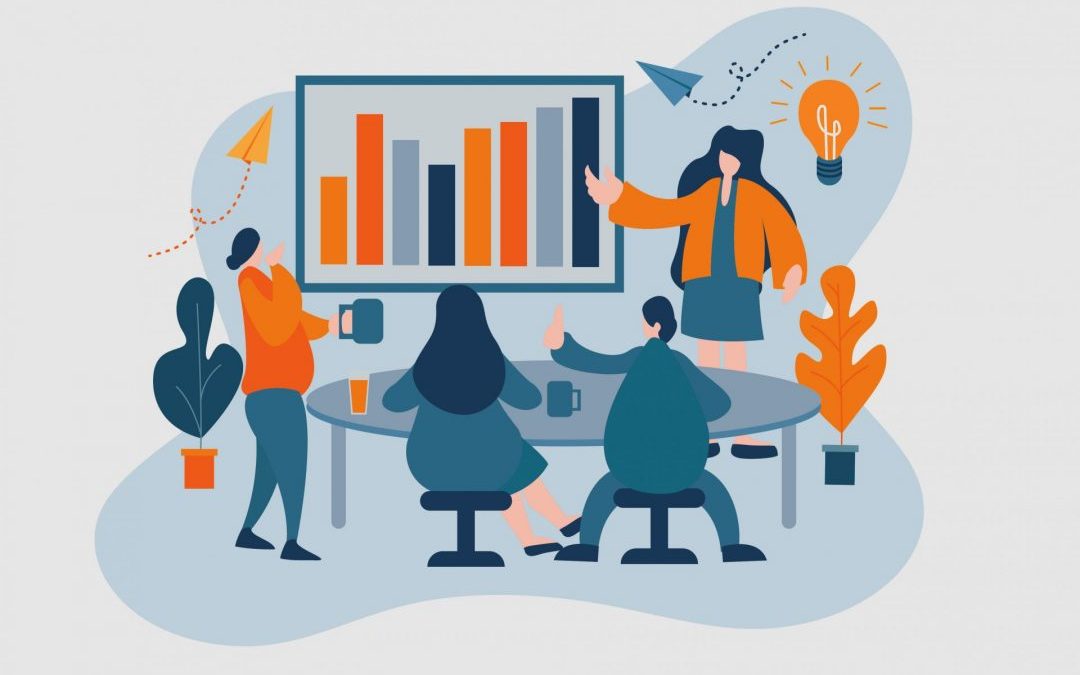A well-managed project management is that one that’s able to predicts problems, maps risks, controls costs, eliminates obstacles, gives visibility to the true status of the project, executes and shares good practices, in addition to involving all project participants!
But, is it possible to do it all?
I could spend hours writing pages and more pages to list all the best practices, standards, advices, guidelines, methodologies, frameworks, complex work systems, detailed methods and everything else that exists in all the literature related to this discipline... However, in fact, this wide range of available resources offers a lot of support on a daily basis, even managing, in some way, to even “prescribe medicines that relieve symptoms”, however, the causes of success, as well as failure, are aimed at PEOPLE! Therefore, the way which the project manager relates to ALL the team involved makes a lot of difference in the result.
Using a metaphor to exemplify all this, it’s as if the project manager were a service provider, like an electrician, who is called in to do a repair at some house. He arrives with an enormous apparatus of last generation tools, an impeccable uniform and all the possible certificates to obtain in the career, besides bringing with him a helper to be able to carry the excess baggage, and when he looks at the problem, he begins to identify the expensive tools and books in the suitcase to try to solve (unsuccessfully), while the lost assistant is in the transport of tools and books (not quite sure why he is doing that). After a few hours, the electrician reaches a certain conclusion of a possible cause of the problem, but doesn’t communicate this to the helper guy, who continues to try to find a tool that can be useful in the solution. As the hours go by, the electrician starts to feel the pressure, because people need the problem solved as soon as possible or a prediction of this resolution, so the electrician, who has always considered himself prepared enough, cannot explain to the his assistant what is the tool, equipment or concept that he needs to use to solve the problem, making the two of them to continue to invest time in the search for the tool and ideal concept to solve the problem, without obtaining much success in the mission. In this case, the electrician didn’t even realize that he didn’t warn the requestor of the service that he was unable to resolve and, also, does not know when it’ll be possible.
So, they end up using resources, tools and time in the wrong way, because the objective of using tools, concepts and books, is to be able to solve the problem more quickly and assertively, but why didn't this happen in the case used as an example above?
Probably, this case would have another pace and another type of solution. If the electrician, in addition to having all the tools, all the technical knowledge, the certificates, if he knew how to communicate and had access to the emotional intelligent potential that would allow him to be able to observe the problem in an integral way, the act of thinking about the solution in a quick and structured would make the choice of the tool and the technique it brought in the luggage less time consuming and more efficient.
Mind you: one thing isn’t more or less important than the other, what brings success is balance, because there’s no point in excesses and extremes and not even methodologies that are concretized in time when, in the work, what matters most is the calm in times of stress (all of it), goodwill and the ability to relate to the executing team and the client, that is, the behavioral skills added to technical knowledge and the manager's ability to overcome difficulties is what guarantees a good construction management.

